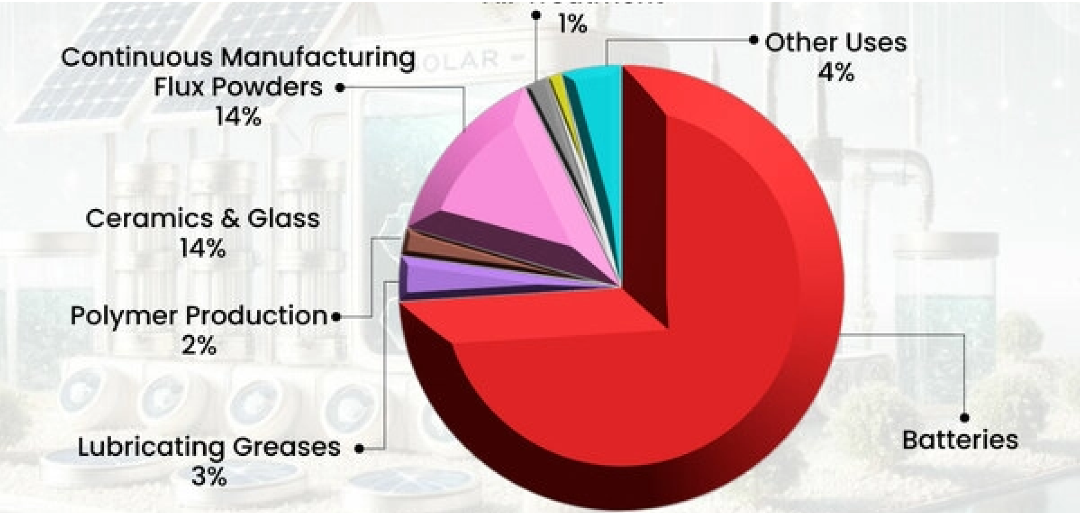Galderma, the Dermatology Category Leader, Celebrates the Grand Opening of US Headquarters in Dallas
Various technologies like artificial intelligence, augmented reality, and others have impacted the pressing issue of transitioning to clean energy in 2024. These technologies can be infused into the foodtech sector for food preparations. Foodtech industries will flourish as they allow consumers to choose the right products for home consumption. In 2024, the clean energy transition is increasingly growing daily, allowing consumers to balance technology and sustainability. Technology in the food sector emerges from consumers' immense belief in the tech sector to provide them with trustable products. Technology serves as the main force driving the changes in the clean energy transition process. Sustainable food technology offers a unique blend of the food sector with technology that promises a better future. Innovations in the foodtech industry led to the growth of the nation globally.
Many developed nations are expected to witness much resilience and efficiency in the foodtech sector as it nourishes the whole ecosystem. The clean energy transition in 2024 is anticipated to catch a lot of changes in the food sector. The foodtech industry has developed methods like fat innovation, sweet substitute products, and others. Fats innovation involves producing alternative proteins and sweeteners, which deal with flavoring agents to enhance the taste. These food innovations can diminish the sustainability criteria; therefore, the foodtech sector is finding alternative methods to maintain sustainability in 2024 and beyond. Sustainability in foodtech companies deals with the delivery of food products with lower emissions and improved efficiency in the transportation sector. Technologies can be integrated in order to enhance the shelf life of food products and reduce the amount of waste from the food sector. Therefore, foodtech advancement focuses on sustainable goals for the transition to clean energy.

